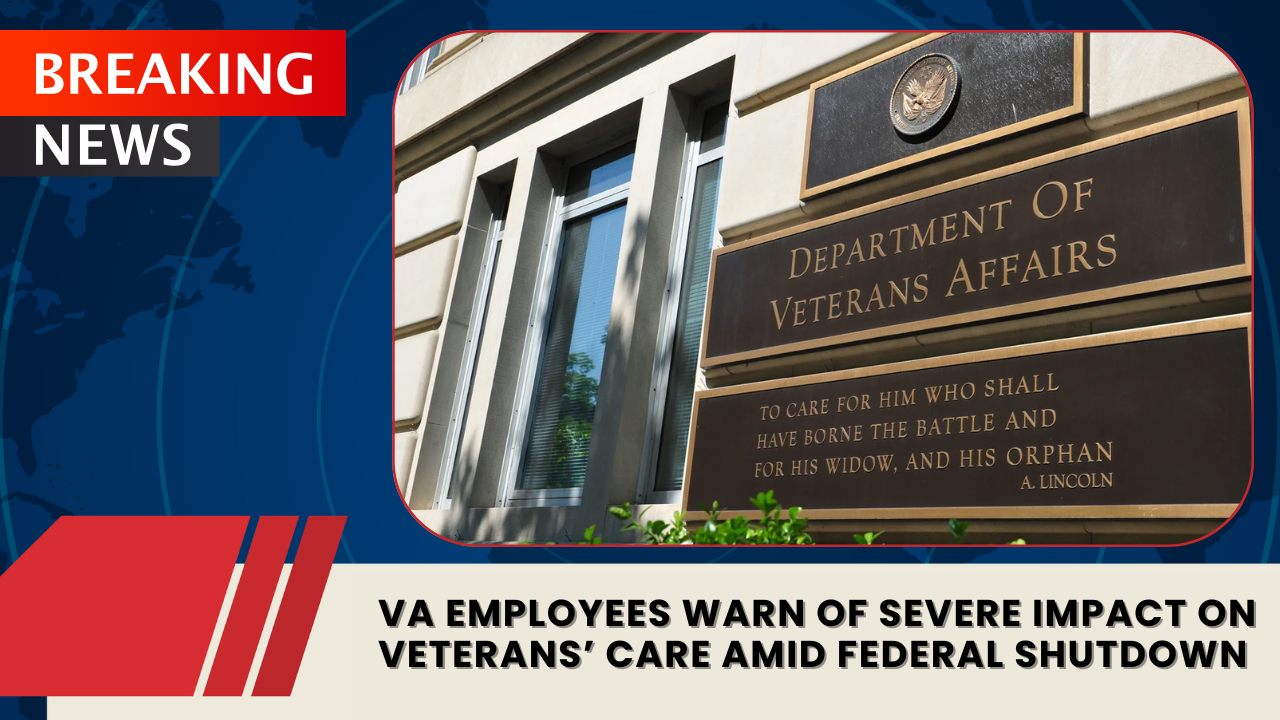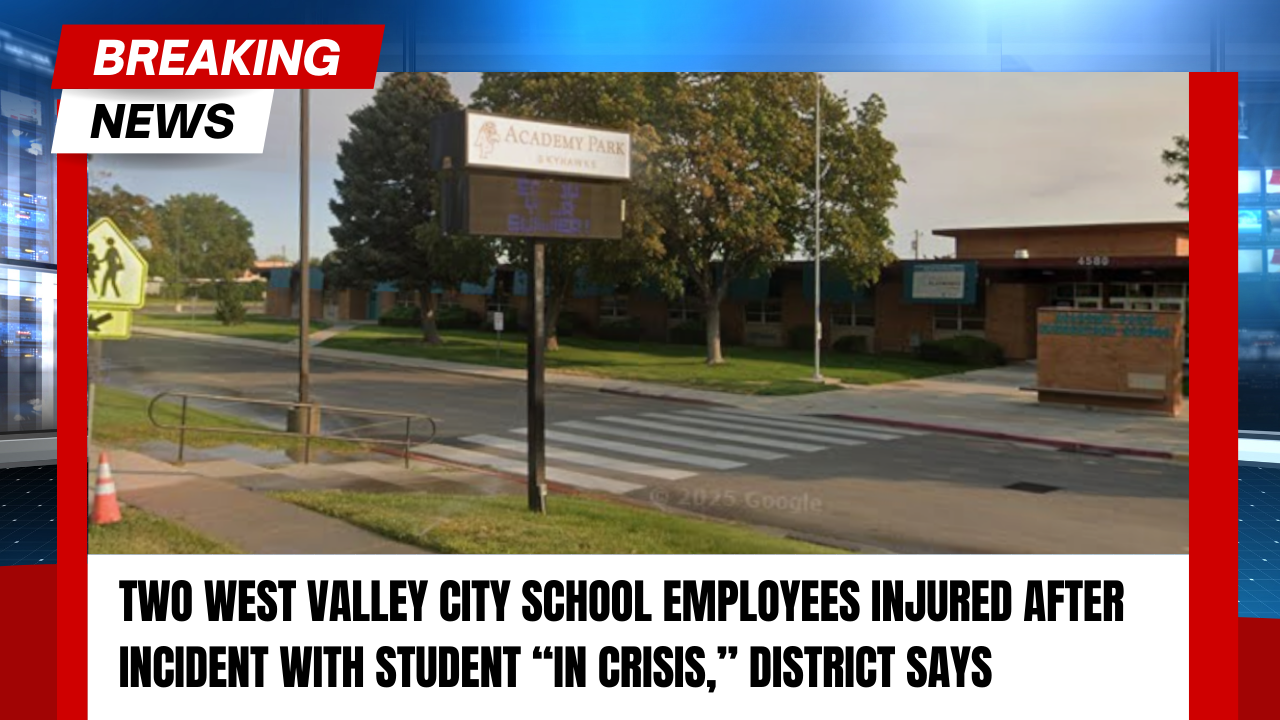As the federal government shutdown continues, employees at the Department of Veterans Affairs (VA) are voicing deep concern — not just for their own livelihoods, but for the millions of veterans whose medical care could be disrupted if the stalemate persists.
While some VA workers remain on the job without pay, others have been furloughed, leaving critical departments short-staffed. One employee reported their daily caseload nearly doubling from 20–25 cases to around 40, putting immense pressure on already overworked staff.
Dave Hummer, a furloughed VA employee and father of three, fears he might not be reinstated even after the shutdown ends. “They’re talking about laying off people who are on furlough,” Hummer said. “I help some of the most vulnerable veterans — those rated incompetent who can’t manage their own money. It’s heartbreaking to think about what could happen to them.”
Union leaders say the shutdown has exacerbated an already difficult year for federal employees. Rob Johnson, president of AFGE Local 2199, which represents regional VA workers, criticized the government’s handling of the crisis. “This administration has really put it to us,” Johnson said. “There’s a vengeful side coming down on us, and it’s going to be detrimental to our vets.”
Teresa Salazar, vice president of the same union, described the work environment as “unstable and emotionally exhausting.” She said fear and uncertainty dominate the workplace, as employees worry daily about pay and job security.
“This is my passion — I love working for the VA,” Salazar said. “But right now, everyone’s living on fear and intimidation. It’s a scary, unstable environment.”
At the George E. Wahlen Department of Veterans Affairs Medical Center in Salt Lake City, staff say the biggest concern is how the shutdown will delay services for disabled veterans, who depend heavily on consistent medical support. “The people suffering most are our disabled veterans — the ones who need us the most,” Salazar said.
Union officials also warned that veterans not covered by VA health care may face steep increases in private insurance premiums if Congress fails to reach an agreement soon. The combination of reduced staffing, delayed payments, and limited access to care could have long-term effects on veterans’ well-being.
As the shutdown drags on, VA workers say their message is clear: protect those who have served the nation — before political battles cause lasting harm.



